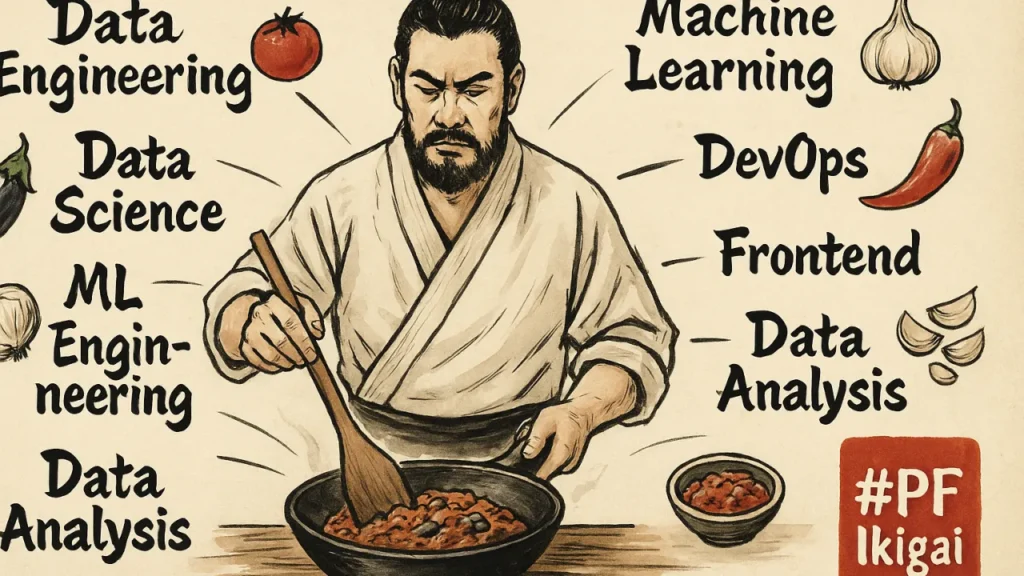Tech Writers at PF
By Himanshu Niranjani Chief Technology Officer, Property Finder
In the rush to build and deploy AI, many organizations mistake speed for strategy. But those of us who’ve lived through large-scale AI deployments know this: without proper guardrails, speed turns into spectacle. And spectacle, when built on unchecked data, biased logic, or unclear accountability, doesn’t just fail—it backfires.
AI may be a technological leap, but its implementation is a leadership discipline. And nowhere is that more critical than in regulated environments—whether it’s telecom, financial services, or real estate.
Lessons from Regulated Terrain
When I helped build the digital telco Visible under Verizon, the challenge wasn’t innovation—it was compliance, scrutiny, and trust. We had to meet FCC regulations, navigate customer privacy expectations, and ensure that every AI-infused decision (like resolving a support ticket or routing a query) met rigorous oversight. No one was going to tolerate “the algorithm made a mistake” as an excuse.
AI in telecom, like in healthcare or finance, doesn’t get a sandbox. It operates under supervision.
We didn’t just build models—we built explainability into the loop, embedded feedback into the system, and ensured that our AI did what any great service should do: reduce customer effort while preserving clarity and control.
Now, at Property Finder, we face a different, equally nuanced challenge. Real estate in the UAE and broader MENA region is undergoing digital transformation, but it’s rooted in deeply personal, high-stakes decisions. Buying or renting a home is not just a financial transaction—it’s a trust transaction.
In this context, AI isn’t just a tool. It’s a mirror of your values. And governance is the frame that defines what the mirror reflects.
Why Governance Is Not a Luxury—It’s the License
Many boards today talk about “responsible AI.” But few define what that means operationally. At Property Finder, we’ve had to. Why?
Because in a region where real estate fraud, misrepresentation, and agent opacity once plagued the market, we’ve differentiated by making trust our product.
When we rolled out SuperAgent, it wasn’t an AI model—it was a contract with the market. Verified listings. Transparent responsiveness. Publicly visible track records. That data layer became the bedrock on which we could later build intelligent recommendation engines and matchmaking algorithms. Governance came first. Algorithms followed.
What this taught me—and what many CXOs are now realizing—is that AI can’t outperform the ethics of the system that builds it.
If your organization lacks clarity around who approves what, how models are validated, what fairness means in your domain, or how to handle edge-case failures, then all the model accuracy in the world won’t save you from reputational collapse or regulatory backlash.
Turning Ethics into Execution
Let’s be clear: AI ethics is not an abstract debate. It’s a series of decisions, made at every step of the development lifecycle.
At Property Finder, this means we are building governance policies that address:
- Bias control: Are our ranking algorithms giving unfair visibility to certain agents or neighborhoods based on historic data quirks?
- Explainability: If a buyer gets a property suggestion or a seller receives a pricing estimate, can we trace the input drivers?
- Oversight: Who signs off on AI deployment to production? What triggers revalidation?
- User transparency: Do customers know when an AI is behind a decision or suggestion? Can they challenge or override it?
We are building lightweight but deliberate governance rituals: model review boards, audit trails, fallback mechanisms, and a bias testing suite. Not because regulation forced us to—but because trust demanded it.
What Most Companies Get Wrong
Too often, AI is treated like a lab experiment. Teams are given freedom to explore, prototype, and launch, with little connective tissue to business risk or compliance oversight. This might be tolerable in a pure-play tech firm shipping social features. It is inexcusable in industries that touch lives, money, or legal contracts.
Here’s what I’ve seen repeatedly—and what I advise other leaders to challenge:
- Siloed AI initiatives that bypass legal, CX, or risk teams
- Lack of data governance, leading to model drift and integrity issues
- Absence of AI documentation—no model cards, no data lineage, no auditability
- No escalation paths for when an AI decision goes wrong or confuses the customer
If you wouldn’t launch a financial product without compliance review, don’t ship an AI product without ethical and operational review.
Governing with Discipline, Not Bureaucracy
One of the objections I hear often is: “We don’t want governance to slow us down.”
That’s a false choice.
The goal is not to build a heavy-handed bureaucracy. It’s to build a framework that embeds foresight into execution. The best organizations treat governance as a catalyst—not a constraint.
At PF, we designed governance to be:
- Cross-functional (Legal, Engineering, Data Science, Product)
- Lightweight (Fast review cycles, predefined criteria)
- Embedded (Model sign-offs built into the MLOps pipeline)
- Iterative (Bias and accuracy monitored over time, not just at launch)
Think of this like financial controls for AI. You wouldn’t skip an audit because it slows down accounting. You wouldn’t ignore user privacy to ship faster. So why should AI get a pass?
Real-World Precedent: From FDA to DLD
In healthcare, the U.S. FDA now treats AI algorithms like medical devices. They require explainability, reproducibility, and ongoing monitoring. In the EU, the proposed AI Act will categorize systems into high, medium, and low risk—each with corresponding compliance obligations. In real estate, regulators like Dubai Land Department (DLD) are already moving toward digital compliance, ownership transparency, and consumer protection initiatives.
The future of AI is not unregulated. It’s regulated differently. And forward-thinking companies don’t wait to be told—they build governance into the fabric of their platforms from day one.
At PF, we’ve worked hand-in-hand with regulatory expectations. Our verified listings and agent scoring not only drive consumer confidence—they reduce legal exposure. Our roadmap for AI-assisted leasing, pricing, and property discovery will only move forward when we’re confident the models help, not harm the customer decision process.
Where We Go From Here
The next wave of AI will be more autonomous, more integrated, and more consequential. And that means governance must scale with it.
In the coming months/quarters, Property Finder is evolving its AI governance in three ways:
- Model Inventory and Fact Sheets Every AI system in production will be registered, version-controlled, and documented with performance, fairness, and intended-use data.
- Ethical Red Teams We’re piloting “ethical red teams” that simulate misuse or unintended consequences of AI features before launch.
- CX-Aligned Monitoring We’re merging CX and AI quality loops—ensuring that customer complaints, confusion, or disengagement trace back into the model retraining pipeline.
Because AI isn’t just a product innovation. It’s a business covenant. It says: “We’ll use your data and decision surface to serve you—not to manipulate you.”
That’s a promise worth protecting—with governance that’s built for real life.
Final Word
Responsible AI isn’t a conference panel or a slide in your investor deck. It’s how you code, test, launch, and iterate.
At Visible, it was the difference between automation that delighted—and automation that got us flagged by legal. At Property Finder, it’s the difference between building features that convert and platforms that endure.
Because in the end, no one wants AI that’s fast but fragile.
They want AI they can trust.
That trust doesn’t begin with the model.
It begins with leadership.





